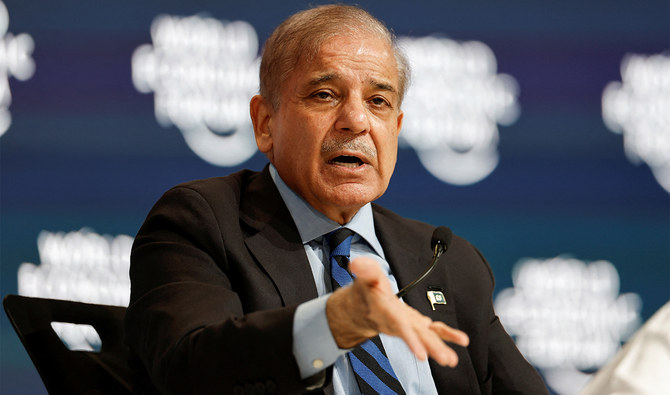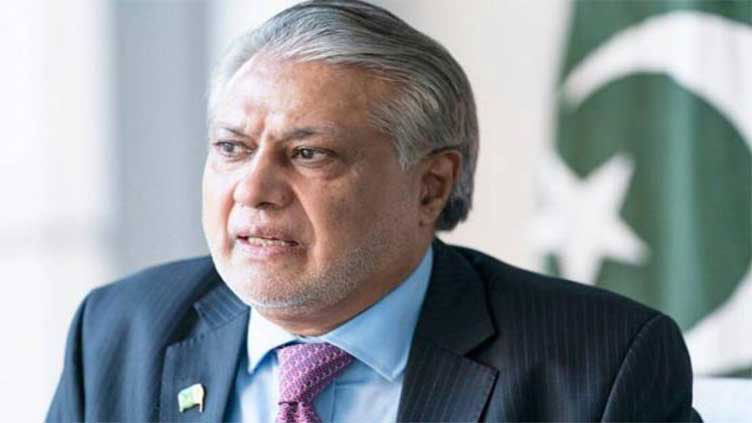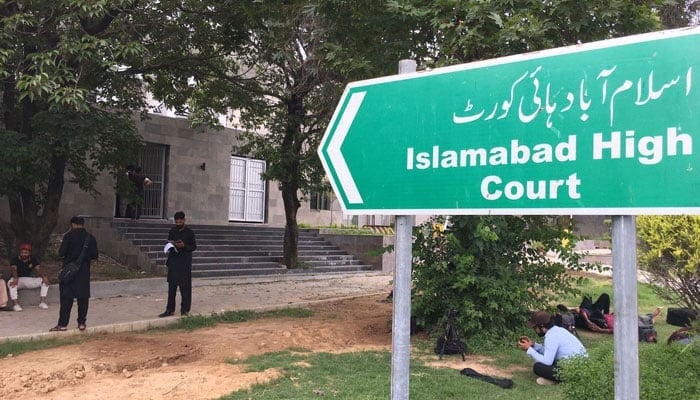- Seeks detailed investigation into the slaying of Sharif.
- Urges legal action against alleged blame-mongers.
- Judicial commission to investigate the case.
ISLAMABAD: Major General Babar Iftikhar, Director General (DG) Inter-Services Public Relations (ISPR) Tuesday said the military had asked the government to carry out a high-level investigation into the tragic killing of senior journalist Arshad Sharif by Kenyan law enforcement officials.
The Kenyan police fatally wounded Sharif on the night of Sunday, October 23, in what the Kenyan authorities said was a “mistaken identity” shooting on the outskirts of the Kenyan capital Nairobi.
“We have requested the government to hold a high-level investigation so that all these speculations can be put to rest,” he while talking to a private news channel. “All the aspects of this terrible incident need to be looked into.”
To a question regarding the accusations being hurled at the institutions’ alleged involvement in Sharif’s killing in Kenya, DG said: “It is very unfortunate that people indulge in allegations without any evidence to back them up … and I think an exhaustive investigation should be carried out to deal with these things”.
He said it was critical to watch out for the elements trying to exploit this tragic incident to their advantage.
“I believe it should also be investigated as to why Arshad Sharif had to leave Pakistan in the first place,” the DG ISPR said.
“Though Kenyan police have confessed to their mistake, a number of questions need to be answered.”
Earlier it was reported that the General Headquarters (GHQ) had moved the government to constitute a high-level panel to look into the killing of the senior journalist.
The military, in a letter to the government, requested the formation of an inquiry commission for a detailed investigation into the killing of Sharif by Kenya’s police.
The letter also requests legal proceedings against those who are casting aspersions/accusations as per the constitution of Pakistan.
Earlier, Information Minister Marriyum Aurangzeb said Prime Minister Shehbaz Sharif had decided to form a judicial commission headed by a high court judge to probe into the tragic incident.
Aurangzeb said the decision had been taken to ascertain the facts that led to the journalist’s killing under mysterious circumstances.
The premier also broadcast his decision on the social media website Twitter.
“I have decided to form a Judicial Commission to hold an inquiry into the killing of journalist Arshad Sharif in order to determine the facts of the tragic incident in a transparent & conclusive manner,” the PM said in a Twitter post.
A senior police officer told The Star newspaper of Kenya that the shooting was being treated as a case of “mistaken identity.”
The circumstances of Sharif’s death sparked widespread outrage in Pakistan and calls for an investigation. The police report said a relative of Sharif had been driving the car, adding that a roadblock using small stones had been placed on the road to stop cars, but Sharif’s vehicle drove through without stopping, even after officers opened fire. Nine bullets hit the car, and one hit Sharif in the head.


 Latest News3 hours ago
Latest News3 hours ago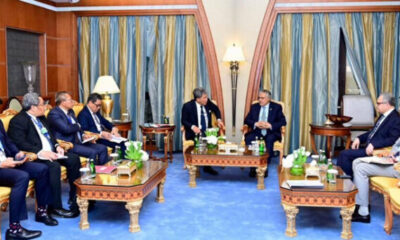
 Latest News3 hours ago
Latest News3 hours ago
 Latest News2 hours ago
Latest News2 hours ago
 Business2 hours ago
Business2 hours ago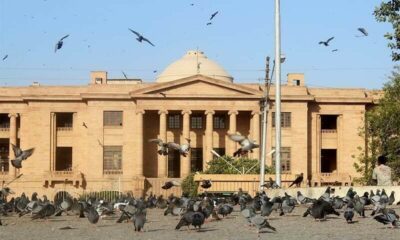
 Latest News2 hours ago
Latest News2 hours ago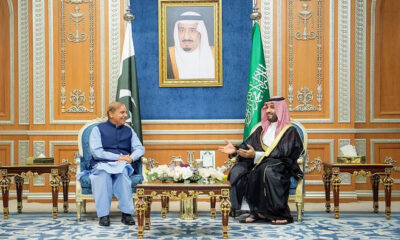
 Latest News2 hours ago
Latest News2 hours ago
 Latest News1 hour ago
Latest News1 hour ago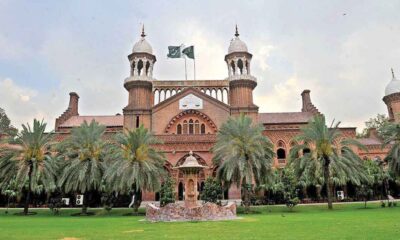
 Latest News2 hours ago
Latest News2 hours ago
